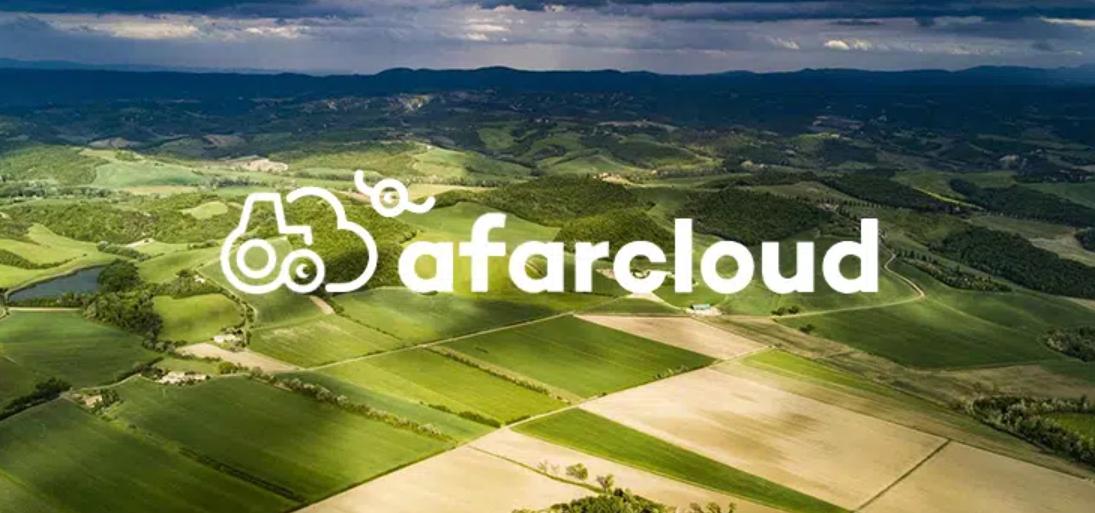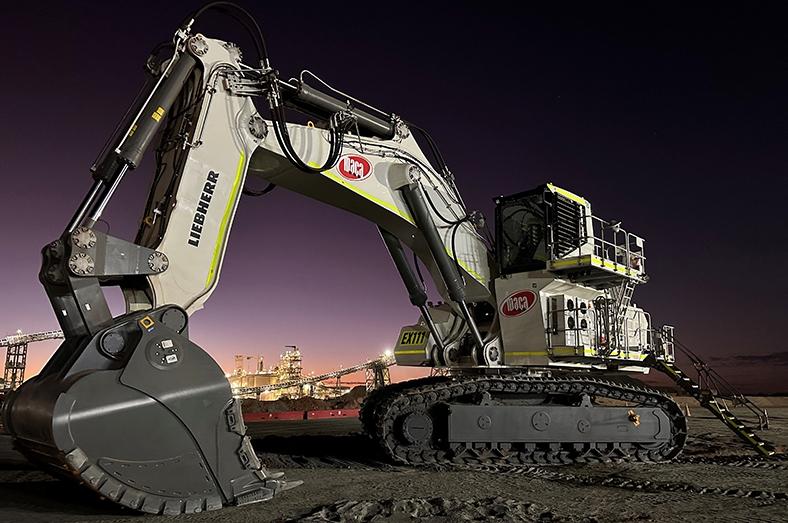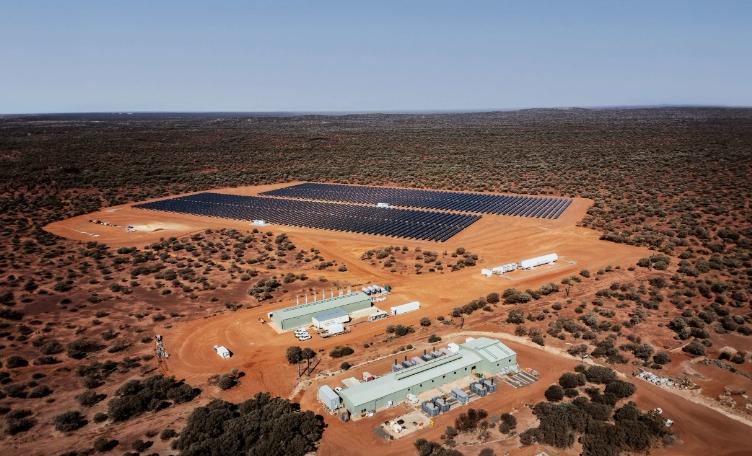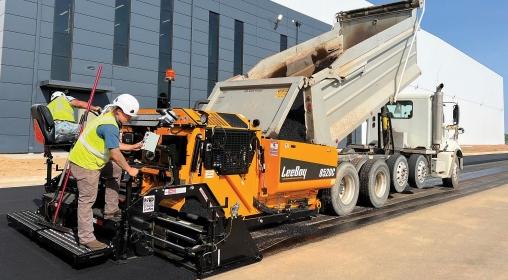A total of around 60 European companies have developed a virtual terminal as part of an EU project, with the help of which existing tractors can be upgraded to become smart machines. The innovation aims to make agriculture more sustainable and counteract the shortage of skilled workers.
The “Aggregate Farming in the Cloud” (AFarCloud) project was funded by the EU Commission and national sponsors such as the FFG with a total of 28 million euros. In three years, the companies involved developed a platform for autonomous agriculture and tested it in a total of eleven demonstrators in Finland, Spain, Sweden, Italy, Latvia and the Czech Republic. In all cases, the manufacturer-independent plug-and-play solution made it possible to move existing tractors to more precise manoeuvres.
“The financial investment for farmers could be kept significantly lower with our platform compared to a new acquisition and sustainable agriculture made accessible to more farms,” explains Martijn Rooker, Innovation Projects and Funding Manager at the Viennese high-tech company TTTech. Together with the other project partners, he successfully tested the digital platform in Italy.
The technology in the Italian demonstrator came, among others, from AVL and from TTControl, a joint venture between TTTech and HYDAC International, which specializes in hardware and software platforms for mobile machines.
Information exchange with the cloud
As part of the project, TTControl developed a user interface that the driver can use to keep track of all processes. In addition, the company provided the project with a so-called IoT gateway that enables the tractor to exchange information with the cloud.
After the work is done, the newly acquired data is stored there and can be used in the future to keep a constant overview of plant health, water consumption or the condition of the tractor. In the latter case, for example, damage to the vehicle could be detected in advance and expensive repairs prevented, according to TTTech in a statement.
Autonomy against skills shortages
The machine finds its way via GPS, the farmer can follow the progress via a terminal in the tractor, but only has to intervene in the rarest of cases. “From a purely technical point of view, it would already be possible for the machine to drive across the field independently, but the legal situation is still unclear at the moment,” says Rooker. “At some point tractors will definitely drive autonomously, but until then there always has to be a human on board.”
According to Rooker, it is also conceivable that autonomous squadrons of tractors will eventually only be rented out for peak times, for example to bring in the harvest with pinpoint accuracy. This would counteract the acute labor shortage in rural areas.
He therefore expects that the technology of the AFarCloud project will attract a lot of interest from modern farms – even if it is currently still in the prototype stage.




